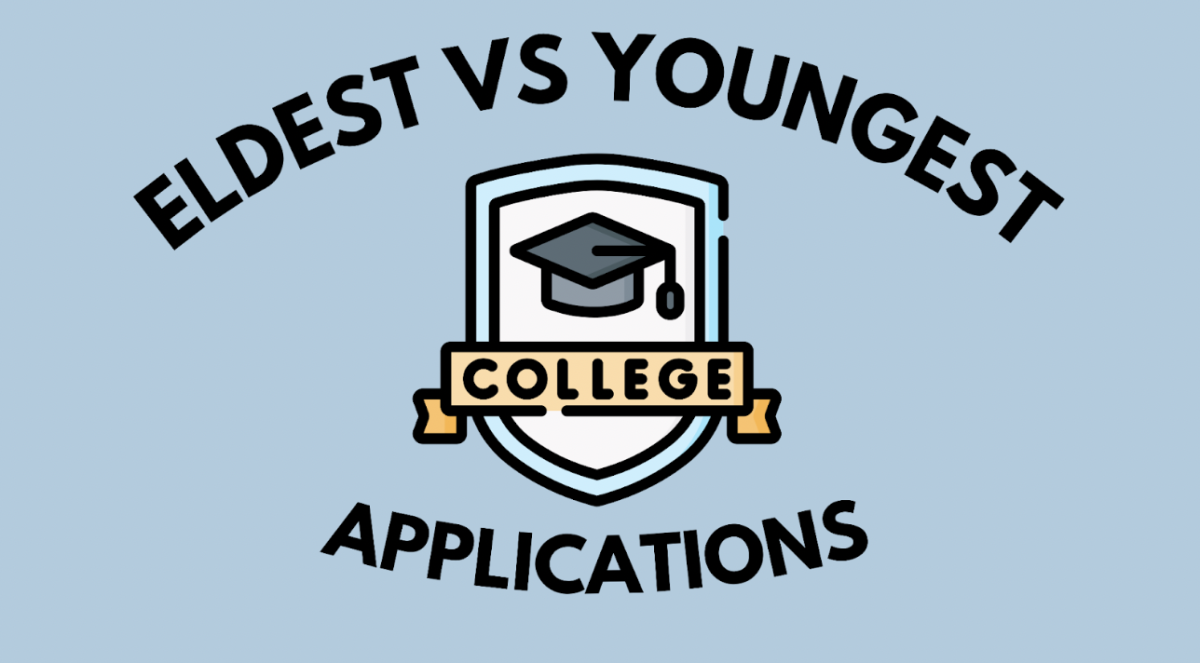“Well, you tell me. What is less important than drama and presentation?” asked a seemingly frustrated Elliott Landon at the Westport Board of Education meeting around 10:00 p.m. on Monday Nov. 26.
The question arose amidst discussion of a change to Westport’s middle schools which would remove drama and presentation skills from the schedules of eighth graders to implement a three-year STEM (science, technology, engineering, and math) course.
While I doubt Landon’s rhetorical question was asked with this motivation at heart, it stung those who had taken to the podium, passionately arguing the case for preserving the drama class, mere minutes earlier.
No doubt some of the hard-hitting points of those opposed to the curriculum changes were heard, but, it is easy to understand how much of what was
said behind the podium that night was lost in translation. Topics ranged from the shortcomings of the current STEM class in eighth grade, to the best way to help students gain acceptance into Ivy League schools, to a philosophical rant attacking the basis of American education in general.
The large crowd in attendance that night served to be both a blessing and a curse: while it made clear to the members of the Board that the issue was clearly a contentious one, it also allowed for more legitimate and logical arguments to be lost in a fray of passion and emotion.
However, I do not believe that this chaos can be blamed entirely on the passionate Westporters who assembled on last minute notice to speak their beliefs. Rather, I find the format of the meeting itself to be the true obstacle preventing a gap to be bridged between students, parents, teachers, and the board.
The current format of the meetings, in which members of the public are allotted a three-minute time slot to argue their case behind a mahogany podium, not only limits effective communication (I cannot imagine it was pleasant for the board members to be talked at for over an hour and a half), but also does not foster an environment where we can implement the efficient critical thinking and communication skills which we attempt to employ in the classroom. The format not only stimulates a psychological “us versus them” mentality but prevents proper communication, which is the means by which problems are solved. Furthermore, the Board’s return to closed discussion following the period of public speaking undoubtedly makes listening to public voice appear as a formality rather than a useful opportunity to enhance discussion.
Landon stated at the meeting that the current curriculum change, which was unanimously passed only one week later, was “plan A, B, and C,” and that no alternative plan could be reached. I believe that Westport, as a community, is more brilliant than this. This is why we understand the absolute necessity of a STEM class for middle schoolers, as well as appreciate the obvious practical benefits of a Drama and Presentation Skills course in eighth grade.
If we are so desperate to expose middle schoolers to a class which would teach them the skill of thinking creatively to solve problems, at the very least we could practice the same skill set as adults in the community.












































